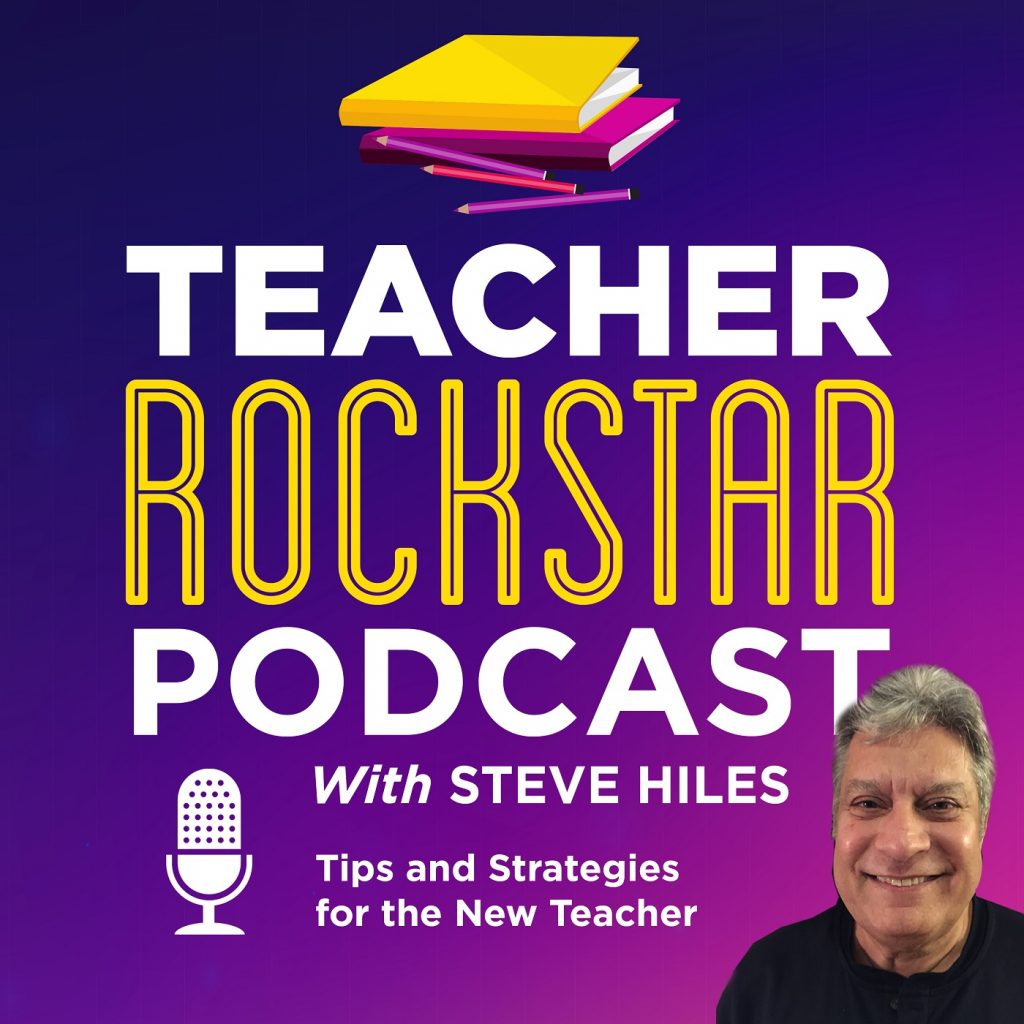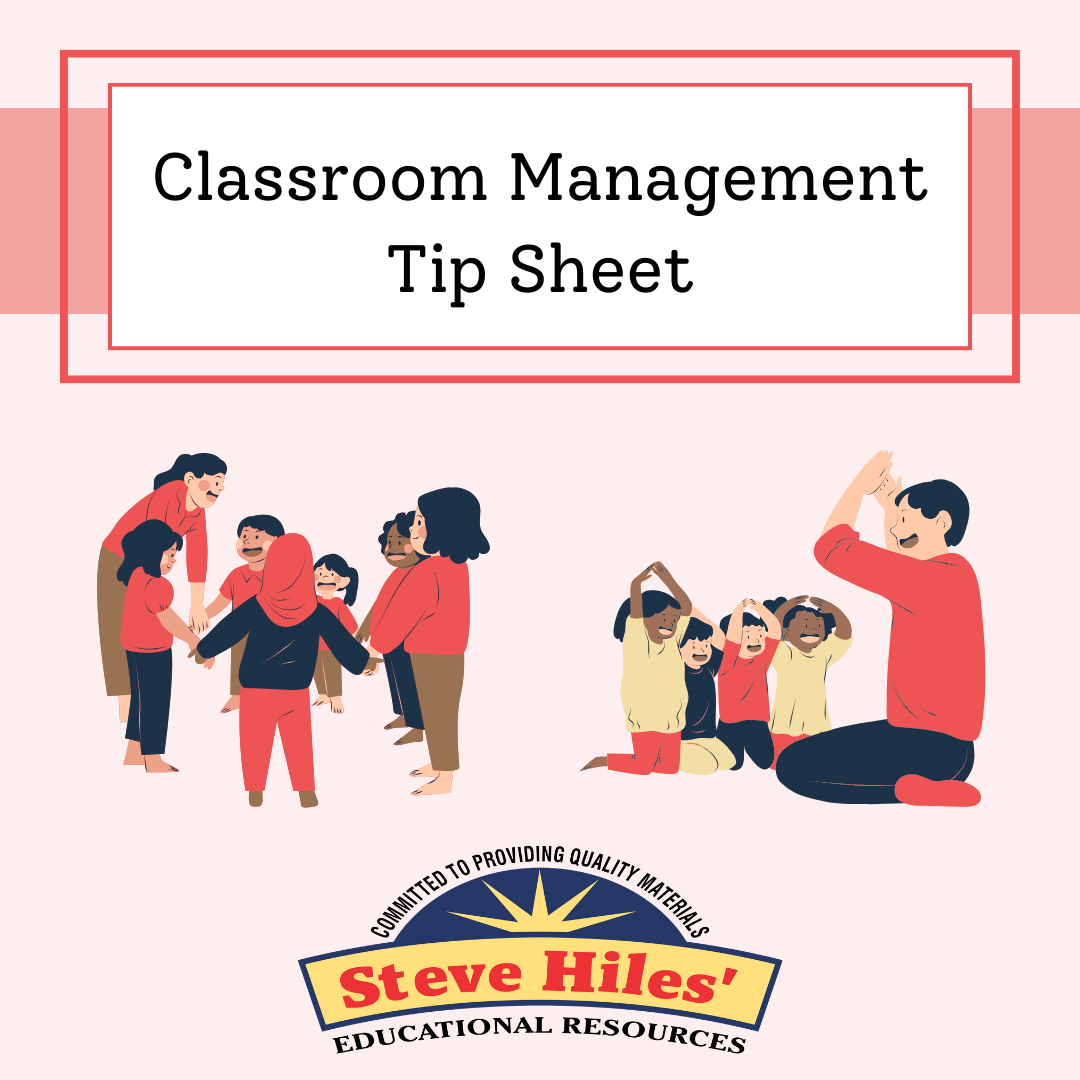Students in grades 3–8 that have reading skills below average lose ground more rapidly, and it becomes hard for them to make any substantial progress. As children progress in school, reading becomes all about learning new information and content. Having uninterrupted access to audiobooks can support reading skill development.
Audio allows students to hear clear sounds of words, letters, and sentence patterns, and they can try to read along. Audiobooks help students engage in text and get exposure to a wide array of vocabulary, ultimately improving their reading and speaking skills; it also aids in critical thinking skills.
Even for adults who love books, finding the opportunity and time to read a great book in peace can be challenging. Those who understand the importance of books also appreciate audiobooks, in that you can listen to the latest bestseller on your way to work or school or doing chores around the house.
But is listening to a book really the same as actually reading one? Beth Rogowsky, as associate professor of education at Bloomsburg University, says an interesting thing about audiobooks. she says, “I was a fan of audiobooks, but I always viewed them as cheating.”
In a 2016 study conducted by Rogowsky she put her assumptions to the test. In her study, one group listened to sections of Unbroken, a nonfiction book about World War II by Laura Hillenbrand, while a second group read the same parts on an e-reader. She included a third group that both read and listened to the book at the same time. After all three groups took a quiz that was specially designed to measure how well they had absorbed the book’s essence.
Rogowsky found no significant differences in comprehension between reading, listening, or reading and listening simultaneously after running the tests. But Rogowsky’s study used e-readers rather than traditional print books. There is some evidence that reading on a screen reduces learning and comprehension compared to reading from printed text.
So it’s possible that, had her study pitted traditional books against audiobooks, old-school reading might have come out on top. The fact that printed text is fixed at a specific location on a page seems to help people memorize it better than on screen text.
Referring to another research on the spatial attributes of traditional printed media. All this may be relevant to the audiobook vs. book debate because, like digital screens, audiobooks deny users the spatial cues they would use while reading from printed text.
Table of Contents
ToggleThe self-directed rhythms associated with reading may also differentiate books from audiobooks
I found this stat interesting.
About 10 to 15% of eye movements during reading are actually regressive, meaning the eyes are going back and forth, re-checking the text. This happens in split seconds, and it’s stitched into the process of reading a sentence. This reading technique almost certainly supports comprehension, and it may be roughly comparable to a listener asking for a speaker to hold on or repeat something. Even as you’re asking, you’re going over what the speaker just said in your mind’s ear. Theoretically, you can also pause or jump back while listening to an audio file.
Another deliberation is that whether you are reading or listening to a text, your mind occasionally wanders, and seconds or even minutes can pass before we snap out of these little mental journeys and readjust our attention.
When you are reading, it’s pretty easy to go back and find the point you zoned out. It’s not so easy if you’re listening to a recording. Especially if you’re trying to grasp a complicated text, the ability to backtrack and re-examine the material may aid learning quickly. This is likely easier to do while reading than while listening. Turning the page of a book also gives you a slight break. This brief pause may create space for your brain to store or process the information you’re absorbing.
David Daniel, a psychology professor, co-authored a study in 2010 that found students who listened to a podcast lesson performed worse on a comprehension quiz than students who read the same lesson on paper.
The listeners scored an average of 28% lower on the quiz about the difference between an A or a D grade.
Quite surprisingly, at the start of the experiment, almost all the students wanted to be in the podcast group. But then, right before they got the quiz, most of them had changed their minds and wanted to be in the reading group.
It is possible that, with practice, the listeners might be able to make up ground on the readers. It’s part of human anatomy. We get good at what we do, and you could become a better listener if you trained yourself to listen more critically. The same could be true of screen-based reading as some research suggests that people who practice screen learning get better at it over time and do better than those who read on paper-based materials.
Now that we know the shortcomings audiobooks might have let’s consider the following. Learning is important, and if you do not have time to read, nor listen to a book, either will be detrimental with regards to your mental capacity to understand text either if it’s vocal or written.
When you look at it this way, audiobooks do have some strengths on their side. Human beings have been sharing information orally since the beginning of the invention of language. While the printed word has been around only since recorded history, it makes sense, right?
Written text is a much more recent invention. When we’re reading, we’re using parts of the brain that evolved for other purposes, and we’re repurposing them so they can be applied to the cognitive task of reading.
On the other hand, listeners can derive a lot of information from a speaker’s inflections or intonations. Sarcasm and wisdom are much more easily communicated via audio than printed text. And people who hear Shakespeare spoken aloud tend to glean a lot of meaning from the actor’s delivery compared to their own interpretation by reading the same play in the text. Having said that, if you’re reading or listening for leisure, not for work or study, the differences between audiobooks and print books are probably miniscule.
Yet again, for people eager to learn and do not care if they are reading from the first edition copy or listening to someone reading the same book on their way home.
Here are seven reasons why audiobooks are the perfect accommodation for struggling readers
Number 1. It increases word exposure and improves vocabulary
As I said initially, reading a complex word is much harder than listening to the same word with incorrect pronunciation and saying it afterward.
When students are offered the opportunity to have audiobooks in the classroom, their world can finally open up to them. Having books read aloud helps the struggling readers move beyond the decoding and right into learning. The more words they learn and incorporate into their system, they can access grade-level materials.
Number 2. It Builds background knowledge
When it comes to a classroom setting, students’ experiences differ from one another, but those who’ve also struggled with reading are even less prepared.
You can recall your school days, the time when you had to prepare for an exam, but if you were unable to read, you were most likely to go blank on the subject and have no idea as to the question.
Audiobooks read in a human voice expose students to academic vocabulary and the language of books. This exposure helps build their background knowledge, an essential component of an evolving student. It also helps develop higher-order thinking skills. The ability to build background quickly through audiobooks cannot be underestimated. If students are left to read-only materials at their reading level, they lose out. They lose opportunities to get access to content and information that represents their capabilities and intellect. This is not only frustrating and causes emotional stress but also limits learning experiences.
Number 3. Audiobooks Reduce working-memory deficit
Students who struggle with decoding and the mechanics of reading spend so much time focusing on sounding out the words that it is difficult for them to retain the information they are reading. By eliminating the focus on decoding, they become more able to retain, remember, and understand the content they are listening to.
When students begin reading with their ears, they start building their working memory. It gives more energy to the brain as a muscle, and it helps them respond to questions about the text more readily.
The more that this happens, the more confident a student gets regarding the subject that has given them problems. Building working memory helps make other reading tasks easier and improves reading ability.
Number 4. It removes printed word decoding anxiety
When children are reading a text, and they try to make sounds of the letters in a word, the learning method taught at an early age, vision sometimes gets blurry, and they lose focus. Often times, this adds to stammering in their voice, and they might be able to read the sentence, but they do not understand what they are reading.
As soon as the pressure to read the written word is gone, students are open to learning and happy to find out they can. Audiobooks allow students to be immersed in the meaning of the text. They also remove the lag time of decoding, which becomes increasingly important as texts become more rigorous. Anxiety plays a huge part in a struggling reader’s entire school experience, so the introduction and regular use of audiobooks can actually help students enjoy school more.
Number 5. Audiobooks Increase comprehension
When students can hear the story or information as a whole, read by a human being, their comprehension increases. Reading books word-by-word doesn’t help create a whole experience. Kids in grades 3-8 who can finally put all the pieces of information together at one sitting begin to make meaning of the text.
Number 6. Develops grade-level appropriate content knowledge
Giving students access to grade-level materials by providing an audiobook accommodation improves their self-esteem and increases their participation in class and peer discussions. They are now able to work alongside their peers. Just because students can’t read the words in the same way as their peers, don’t mean they aren’t developmentally ready to learn this information. Listening to audiobooks brings to the student information when they are ready for it, not when they can read it.
Number 7. Gives students educational independence
When students get access to the content and can work independently, it gives them the confidence to become successful learners and control their educational outcomes. Students who are given the audiobook advantage as an accommodation also have more learning continuity in the classroom. This means peer relationships can develop normally, and students can feel more like insiders.
Well, I hope you found a golden nugget or two that you can use. I’ve recorded books on tape, and I know that it proved helpful to my students.







